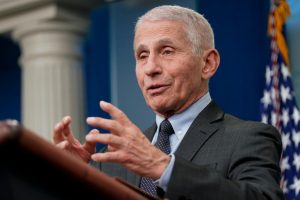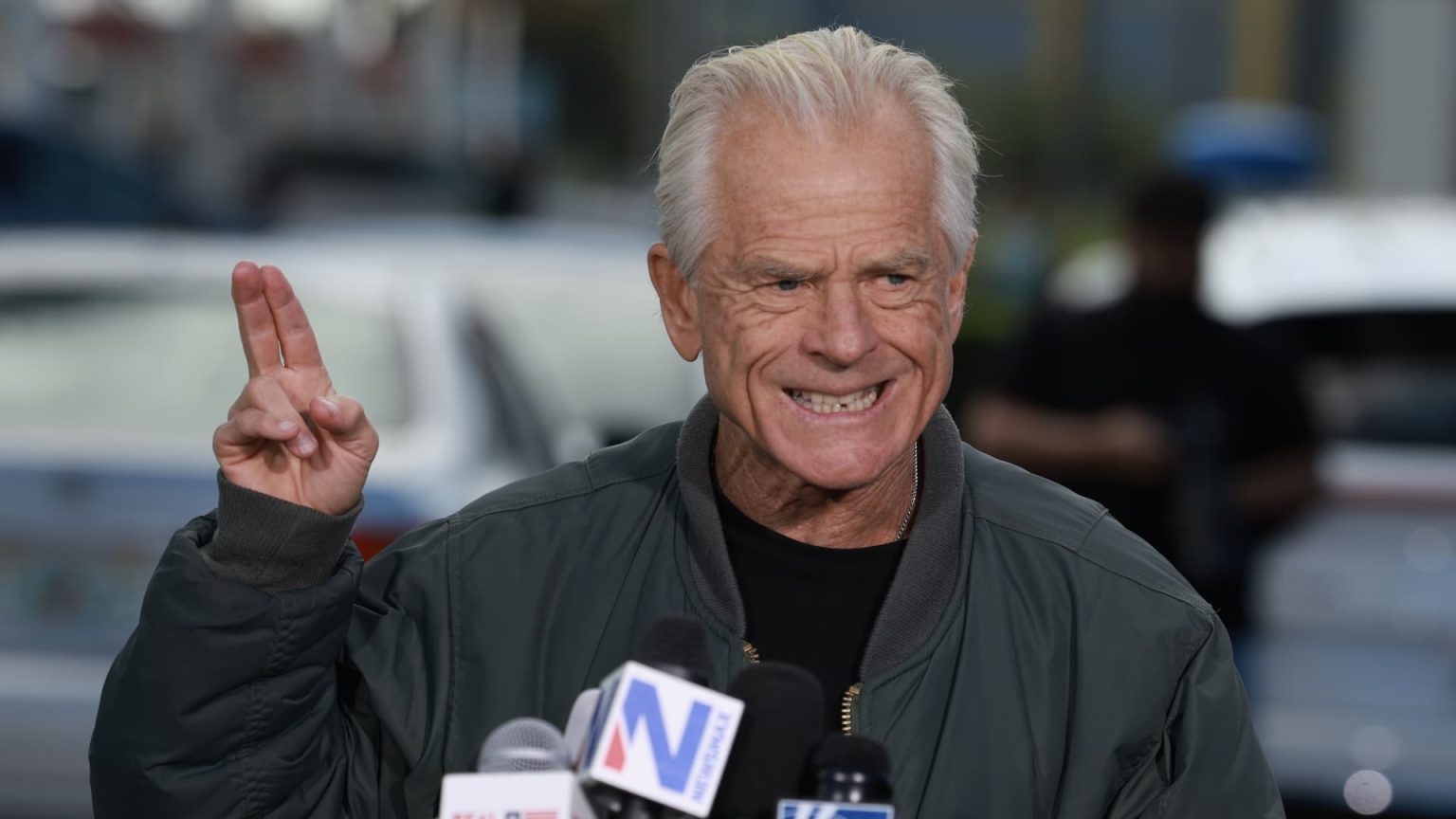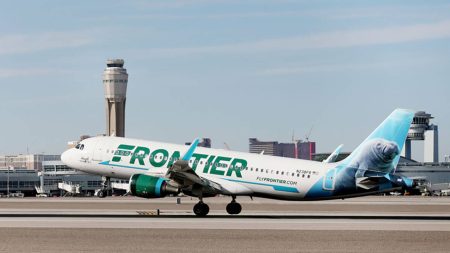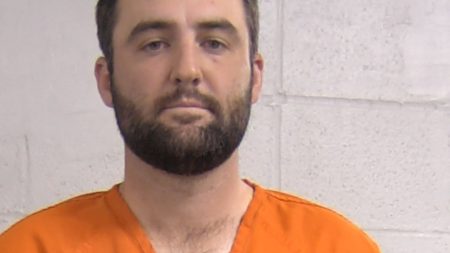The Supreme Court has denied a request from former Trump advisor Peter Navarro to be released from jail while he appeals his four-month sentence for defying a subpoena from the House committee investigating the Jan. 6 Capitol riot. This is the second time in six weeks that the high court has rejected Navarro’s requests to pause his jail sentence. Navarro, 74, surrendered to a federal prison in Miami on March 19 to begin serving his sentence. He was indicted after refusing to comply with a subpoena from the House select committee probing the events of Jan. 6, 2021. Navarro claimed executive privilege shielded him from responding to the subpoena, but the Solicitor General noted that much of the information sought was not covered by executive privilege, and Trump did not assert it.
Chief Justice John Roberts denied Navarro’s request for release on March 18, stating that he saw no basis to disagree with the rulings of lower courts that Navarro had “forfeited” arguments related to executive privilege. Roberts noted that the release proceedings are distinct from the pending appeal on the merits of the case. Navarro’s lawyers renewed their plea to halt the report-to-prison order on April 2, noting that he had already served 15 days in jail, and that the appeal’s briefing schedule is set to conclude after his sentence is completed in mid-July. The lawyers asked Justice Neil Gorsuch to take up the request, but the Supreme Court ultimately denied it without providing further justification.
Navarro’s conviction and subsequent jail sentence stem from his refusal to comply with a subpoena from the House committee investigating the Jan. 6 Capitol riot. His claim of executive privilege was rejected, as the Solicitor General argued that the information sought was not covered by executive privilege, and Trump did not assert it. Navarro argued that he was shielded by executive privilege, but his arguments were determined to have been forfeited. The denial of his requests for release pending appeal signal the court’s stance on his case.
Navarro’s situation highlights the consequences of defying a congressional subpoena, particularly in cases involving key events such as the Jan. 6 Capitol riot. The court’s refusal to grant his requests for release while he appeals his conviction underscores the seriousness of his actions and the importance of complying with such subpoenas. Navarro’s case serves as an example of the legal challenges faced by individuals involved in investigations into significant events like the Capitol riot, and the potential consequences of failing to cooperate with such inquiries.
The denial of Navarro’s requests for release while he appeals his conviction underscores the legal principle that compliance with congressional subpoenas is crucial, and that claims of executive privilege must be valid and properly asserted. The Solicitor General’s argument that the information sought by the House committee was not covered by executive privilege, and Trump did not assert it, further weakened Navarro’s position. The court’s rejection of his requests for release indicates a determination to uphold legal standards even in high-profile cases, sending a message about the importance of respecting congressional investigations and the consequences of failing to cooperate.















